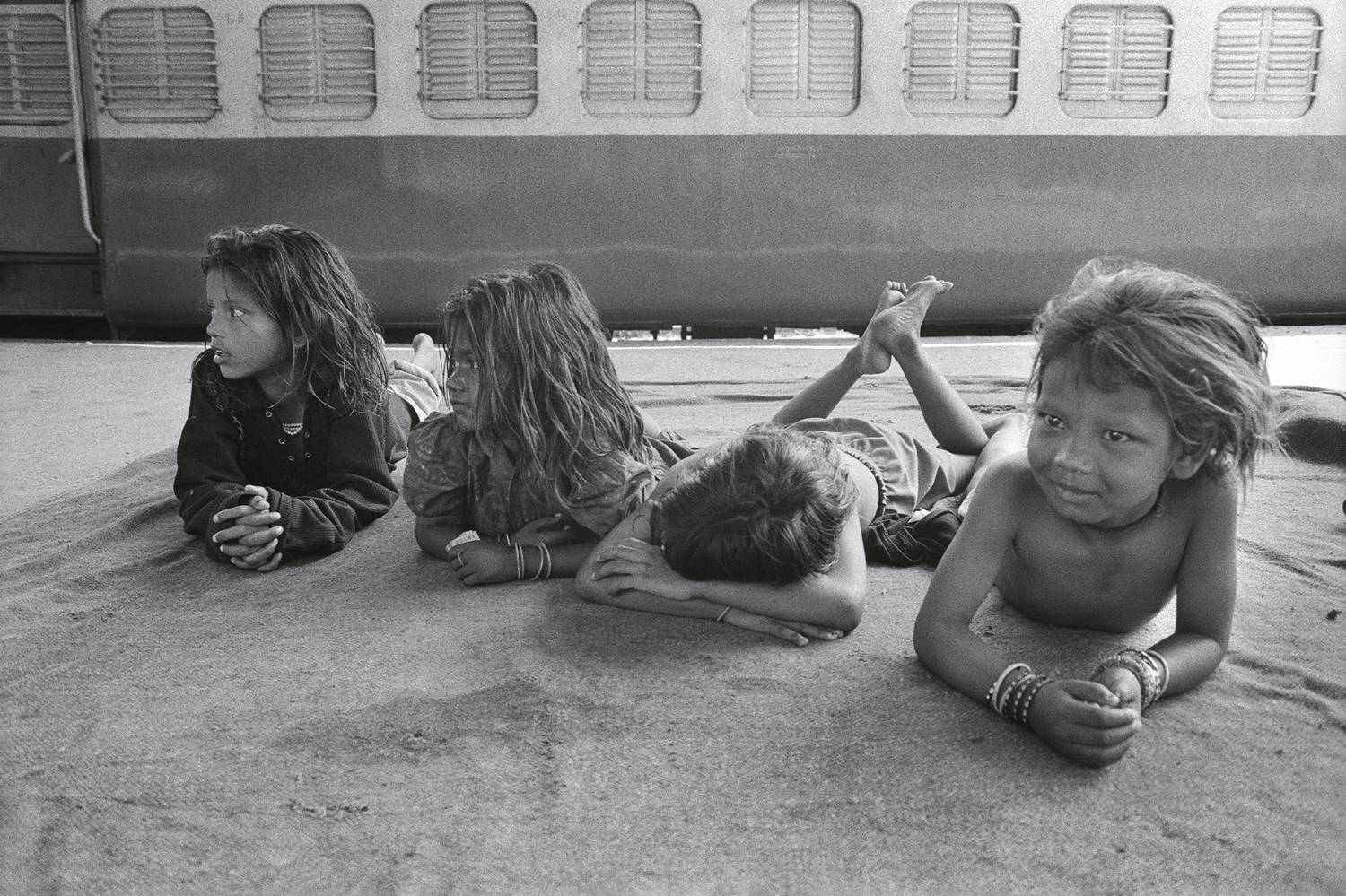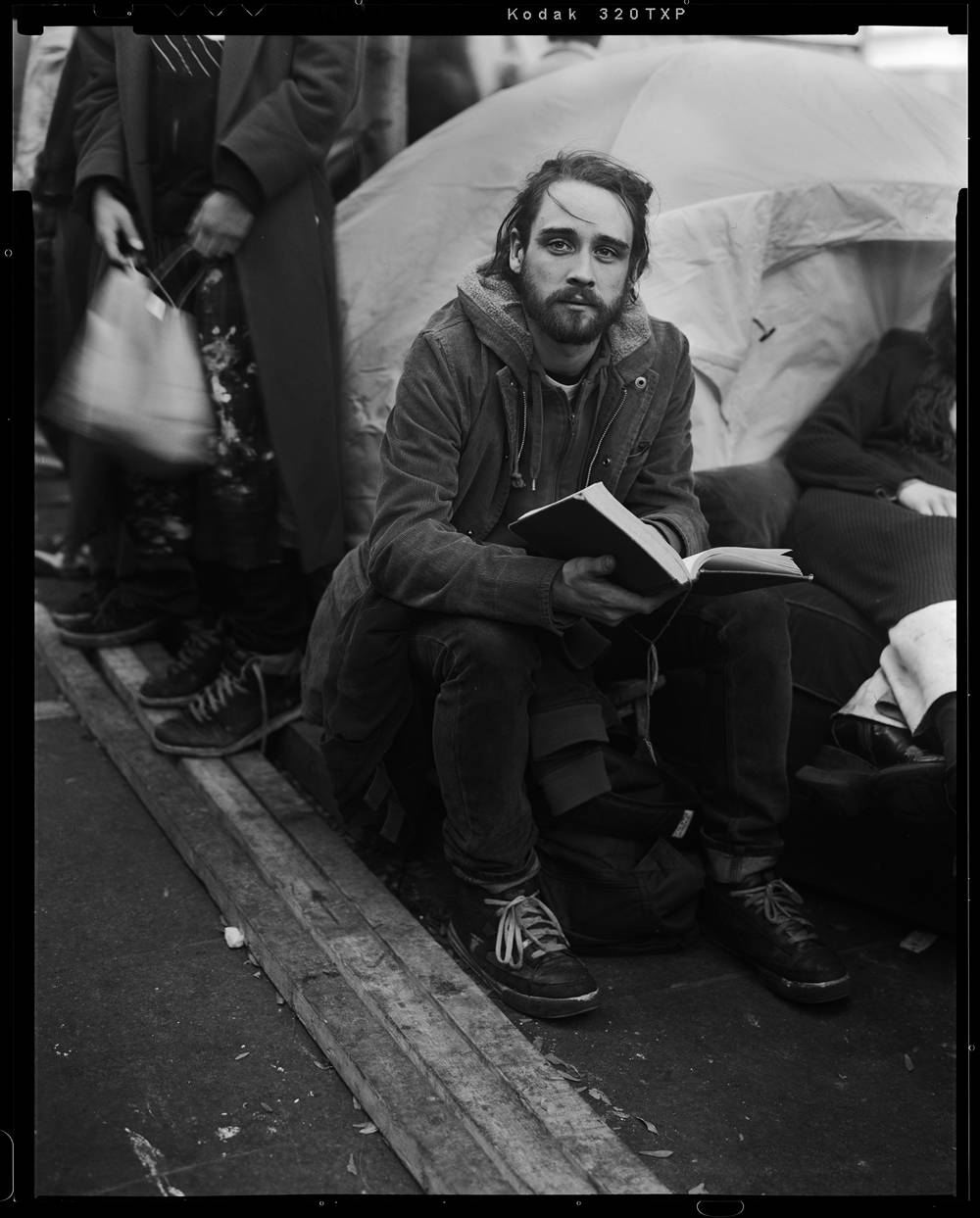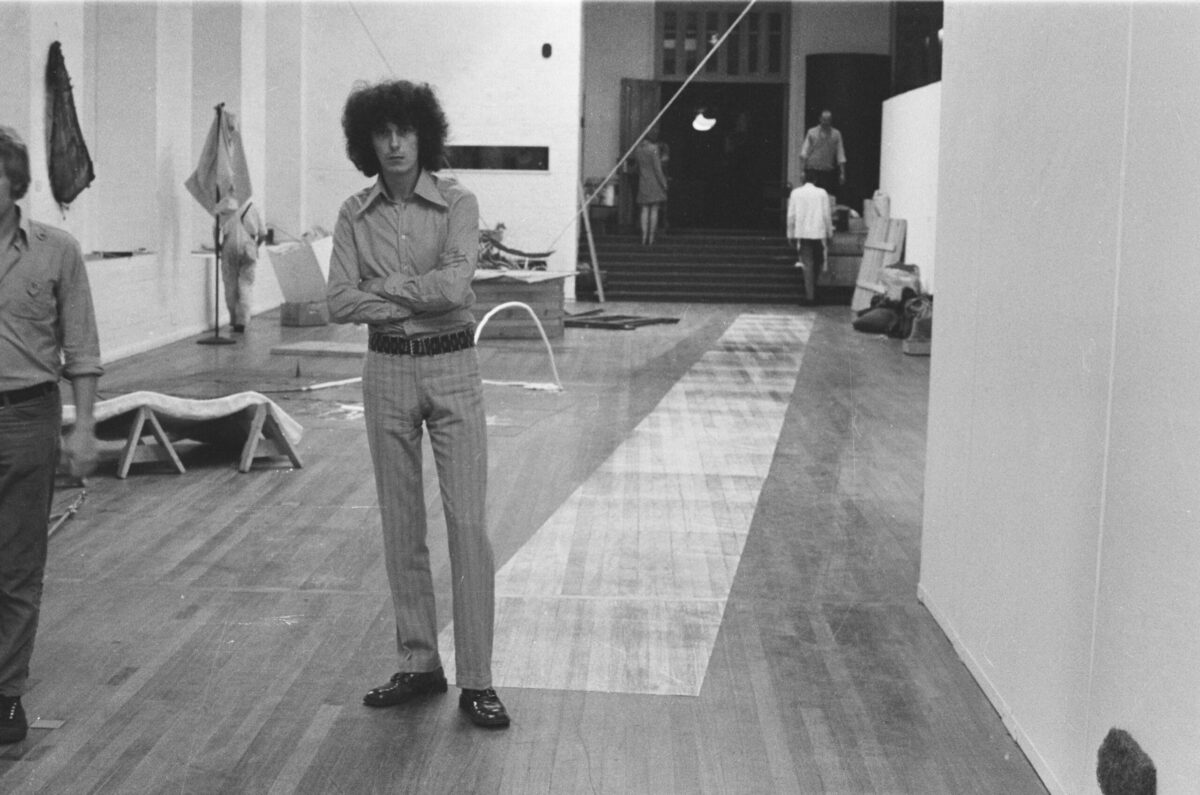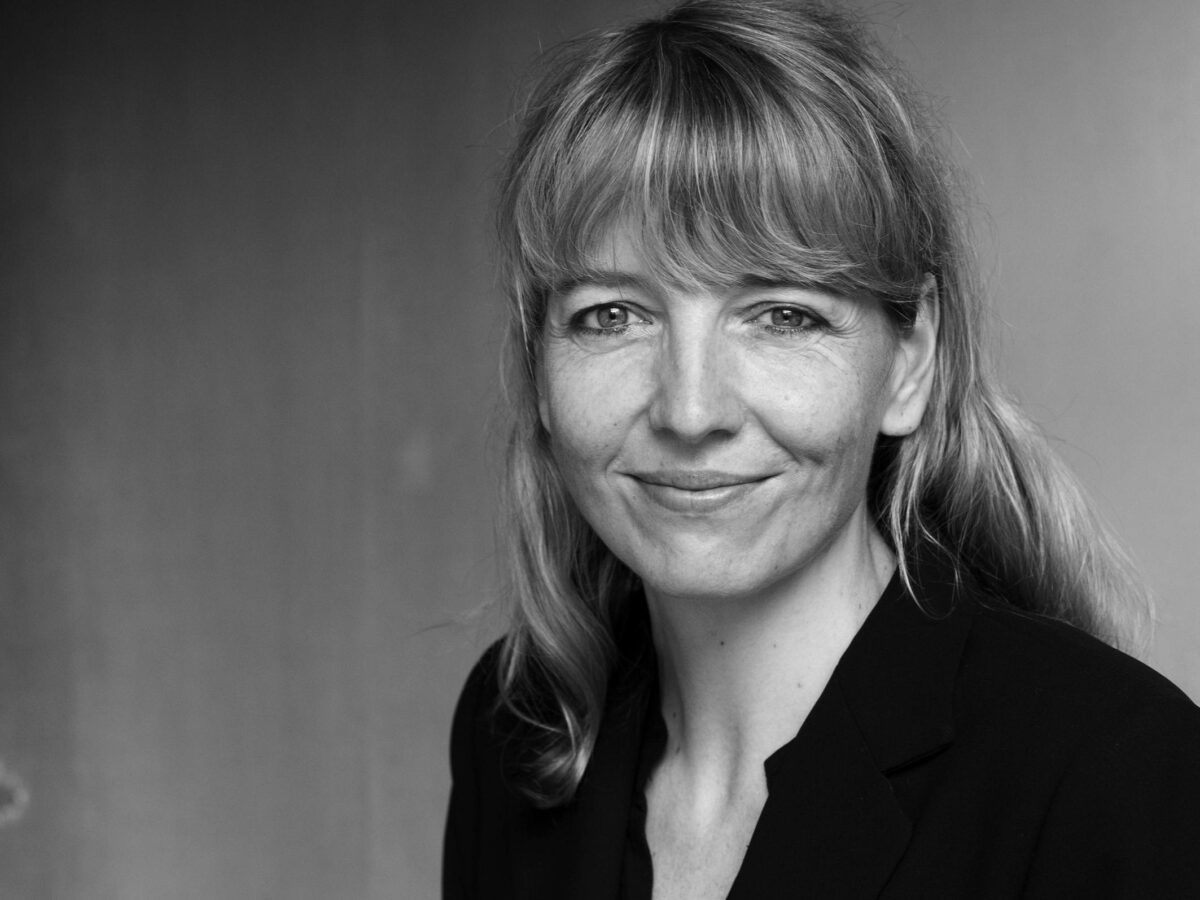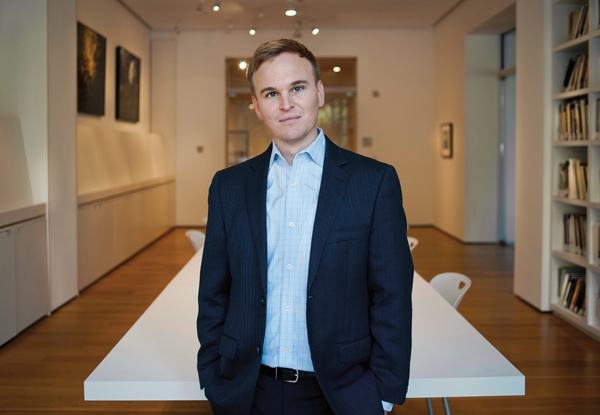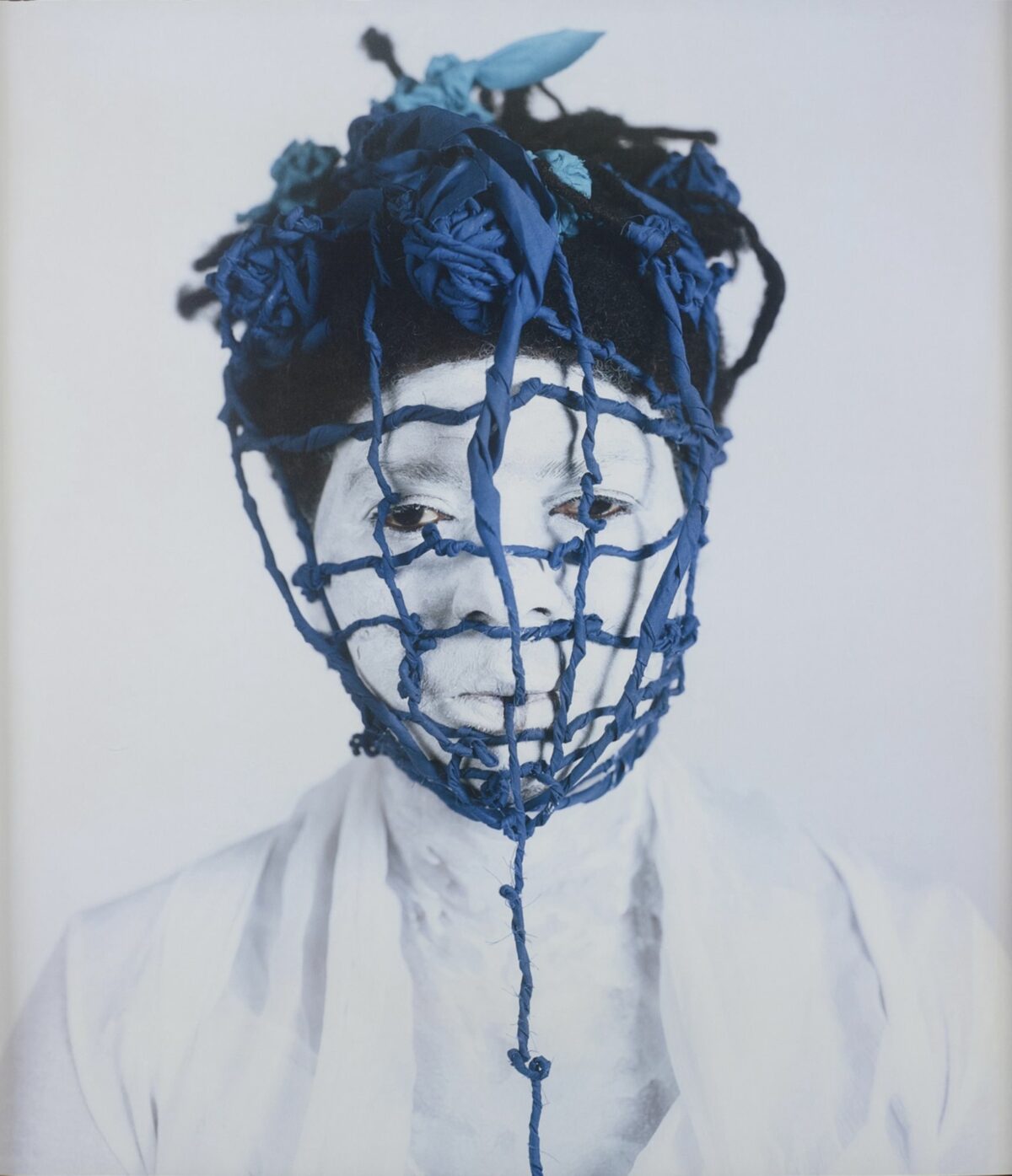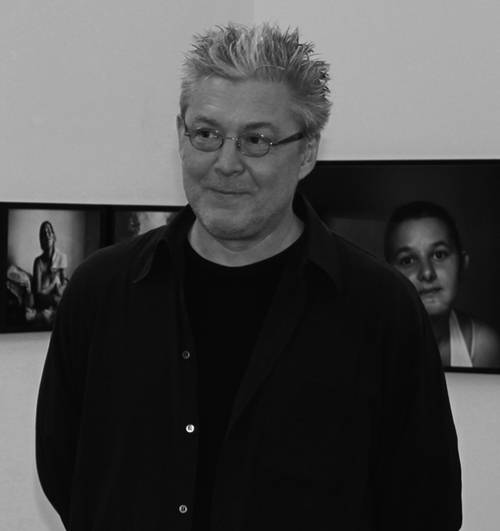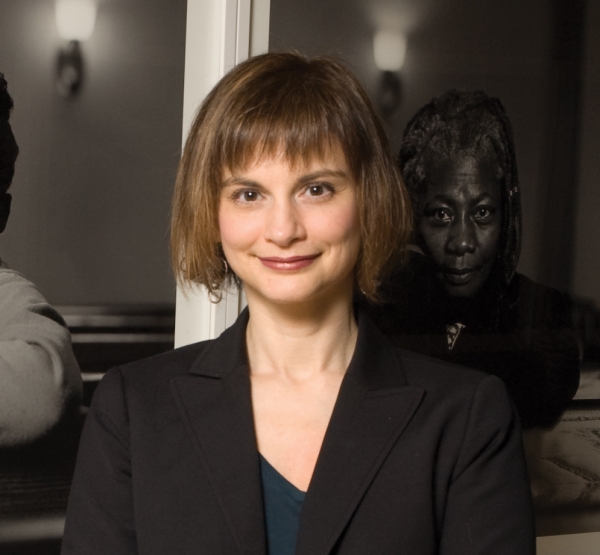FotoFest International, in Houston, Texas (March 10 – April 22), has put the emphasis on the international once again, highlighting contemporary Indian photography in its biennial exhibitions. Organized by curator Sunil Gupta and FotoFest Executive Director Steven Evans, the exhibition includes 48 artists whose work explores gender, caste and class divisions, the environment, and migration, among many other subjects. Photograph has selected four artists to give just a glimpse of the great variety of photography and new media on view in Houston.
Atul Bhalla (image left) has long explored the significance of water to urban centers, specifically his native city of New Delhi. In particular, he focuses on the Yamuna River, a tributary of the Ganges, which runs through the city. Venerated in Hindu mythology, the Ganges is also one of the most polluted rivers in the world, and in Piaus (water spigots), Bhalla photographs drinking fountains, a public source of free drinking water throughout the city, to explore water as a symbol and a source of renewal.
Anoop Ray’s series Friends and Their Friends (below) revolves around personal narratives and the evolving relationships among his friends. “I sometimes don’t know how I feel about someone until I take his or her picture,” he wrote in his artist’s statement, and his photographs of his friends range from straightforward portraits in color and black and white to photographs of couples to double exposures and environmental portraits.
Vicky Roy (left and above) ran away from home when he was 11 years old and lived on the streets in Delhi, where he worked as a rag picker, until an NGO, Salaam Baalak Trust, took him in. There he took a photography workshop, and the course of his life was altered. For his series Street Dreams, Roy returned to the streets of Delhi to photograph homeless children. “This project,” he writes, “is also a plea to give these children a chance, a call to help them achieve these dreams before they are smothered. My own story had a happy ending, and I wish these children an equally fulfilling life.”
Vidisha Saini (previous spread) is a visual and performance artist whose work is tied to her social practice and advocacy. Her series You Like, Mr Shekhar is based in the village of Hampi, famous for its 16-century ruins – it was designated a UNESCO World Heritage Site in 1986. The agrarian migrants who settled in the village slowly encroached on the monuments, and in 2012, 327 families were relocated by the Archaeological Survey of India. Saini’s photographs are of the homes, now ruins themselves, demolished by the government. The title of the series refers to the question posed to one of the displaced residents when he was shown his new home – “You like, Mr. Shekhar?”

